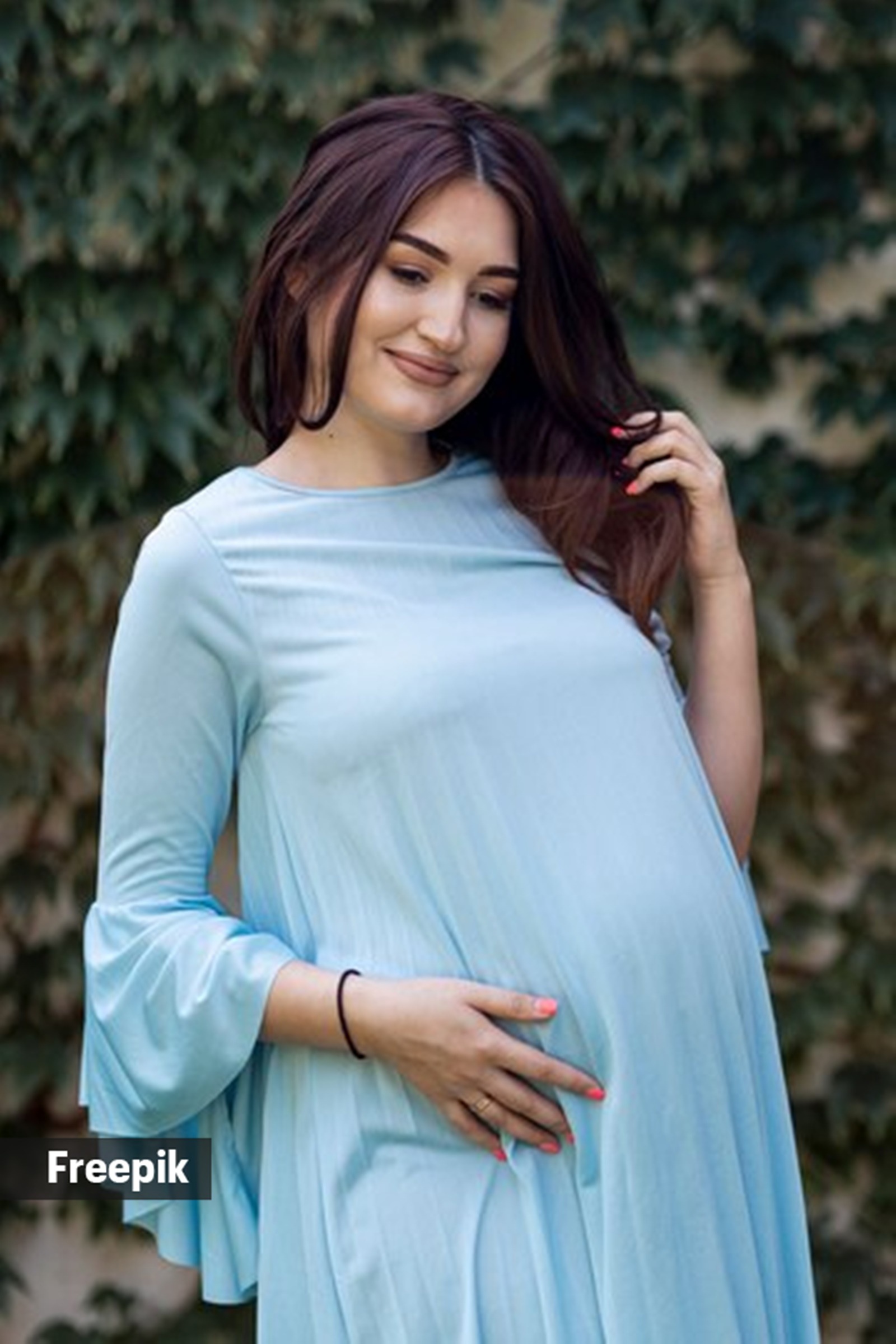📣 For more lifestyle news, click here to join our WhatsApp Channel and also follow us on Instagram
‘When you want the baby to…’: From Raha’s first ‘mama’ to kick, Alia Bhatt shares emotional highs of motherhood
“I immediately took out my phone and I was like, ‘Say it again, what did you just say? Just say it again,'” Alia Bhatt added
 Alia Bhatt on her pregnancy (Source: Instagram/Alia Bhatt)
Alia Bhatt on her pregnancy (Source: Instagram/Alia Bhatt)Alia Bhatt recently shared a heartwarming moment from her experience as a new mother, revealing the playful disagreement she had with her husband, Ranbir Kapoor, about whether their daughter Raha would say “mama” or “papa” first.
In an interview with Allure, she said, “The first time my daughter Raha said ‘mama,’ it was just me and her… And before that, the backstory is, there was a fight at home about whether she’s going to say ‘mama’ first or whether she’s going to say ‘papa’ first.”
She continued, when she said ‘mama,’ “I immediately took out my phone and I was like, ‘Say it again, what did you just say? Just say it again.’” Eventually, she managed to record it on the phone adding that “we take great joy and pride in that moment.”
Alia also recalled the profound joy she felt when she first felt Raha kick during pregnancy, an experience that marked a turning point in her emotional and physical journey. Then, a moment of realisation hit her. “I was like, ‘Is it a kick?’ I wasn’t sure so I waited, and then literally I was waiting for it to happen again. And the thing is when you want the baby to kick the baby doesn’t kick. When you don’t expect it, the baby will kick, and the moment is gone.”
For Alia, this was not just a moment of excitement, “I don’t think I slept that night, I was so excited…I felt like there was someone else with me and it was such a strange/special feeling.”
Pregnancy is a transformative experience that shifts a person’s sense of self, relationships, and outlook on life. From the initial thrill of expecting a baby to the deeper emotional connection that develops during pregnancy, these experiences can profoundly shape one’s identity as a parent.
 From a scientific perspective, foetal movements activate a mother’s emotional and psychological connection to her baby (Source: Freepik)
From a scientific perspective, foetal movements activate a mother’s emotional and psychological connection to her baby (Source: Freepik)
How the emotional bond between parents and their unborn child begins to form during pregnancy
“The emotional bond between parents and their unborn child is deeply rooted in biological, psychological, and social factors,” says Dr Vikas Krishnananda, paediatric neurologist at Cadabams Child Development Centre. “For mothers, this bond begins early, often as soon as pregnancy is confirmed, and intensifies as physical and hormonal changes occur.”
For fathers or non-gestational parents, he adds, bonding often begins later, “typically during tangible moments like feeling the baby move or seeing ultrasounds.” Dr Krishnananda mentions, “A study in the Journal of Family Psychology (Condon & Corkindale, 1997) found that the more involved fathers are in prenatal activities, the stronger their emotional connection to the baby becomes. This early bonding creates a foundation for secure parent-child relationships, which have been shown to influence cognitive and emotional development in children.”
How ‘quickening’ strengthens the connection between the parents and the unborn child
Dr Krishnananda says that feeling the baby kick, known as quickening, is a pivotal moment in pregnancy that solidifies the bond between mother and child. “From a scientific perspective, foetal movements activate a mother’s emotional and psychological connection to her baby.”
He mentions, “Studies published in Early Human Development (DiPietro et al., 2002) suggest that these movements serve as reminders of the baby’s presence, triggering positive emotional responses and increasing maternal attachment.”
Quickening also has physiological benefits. It reinforces the mother’s awareness of foetal health, encouraging self-care behaviours such as proper nutrition and regular prenatal checkups. From an emotional standpoint, it reduces anxiety by providing tangible evidence of the baby’s well-being, which is particularly reassuring in high-risk pregnancies.
📣 For more lifestyle news, click here to join our WhatsApp Channel and also follow us on Instagram
Photos



- 01
- 02
- 03
- 04
- 05























